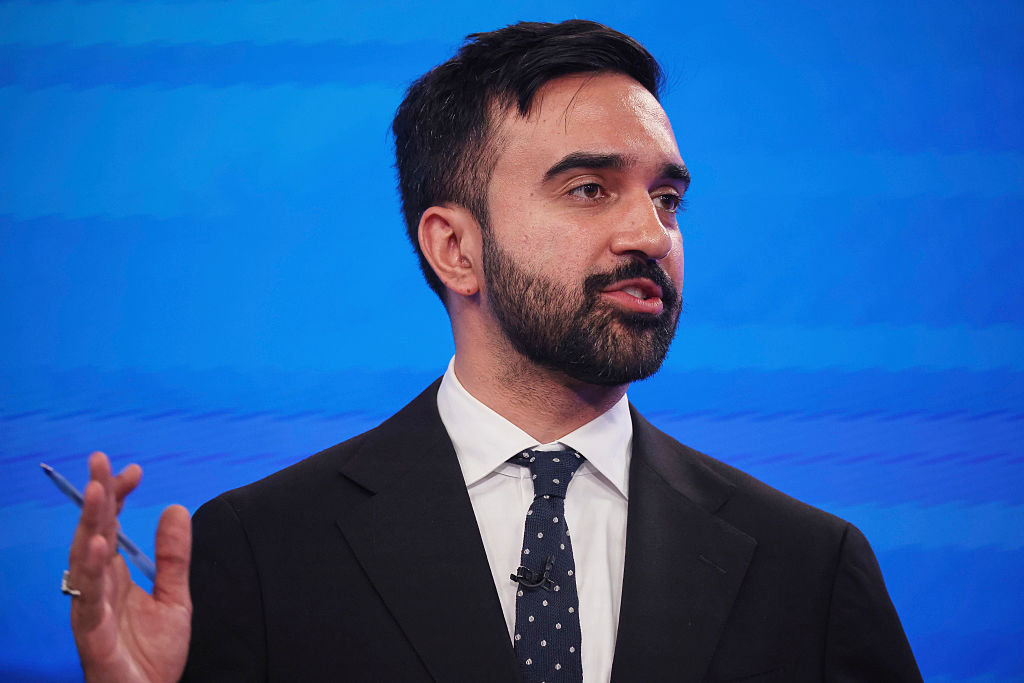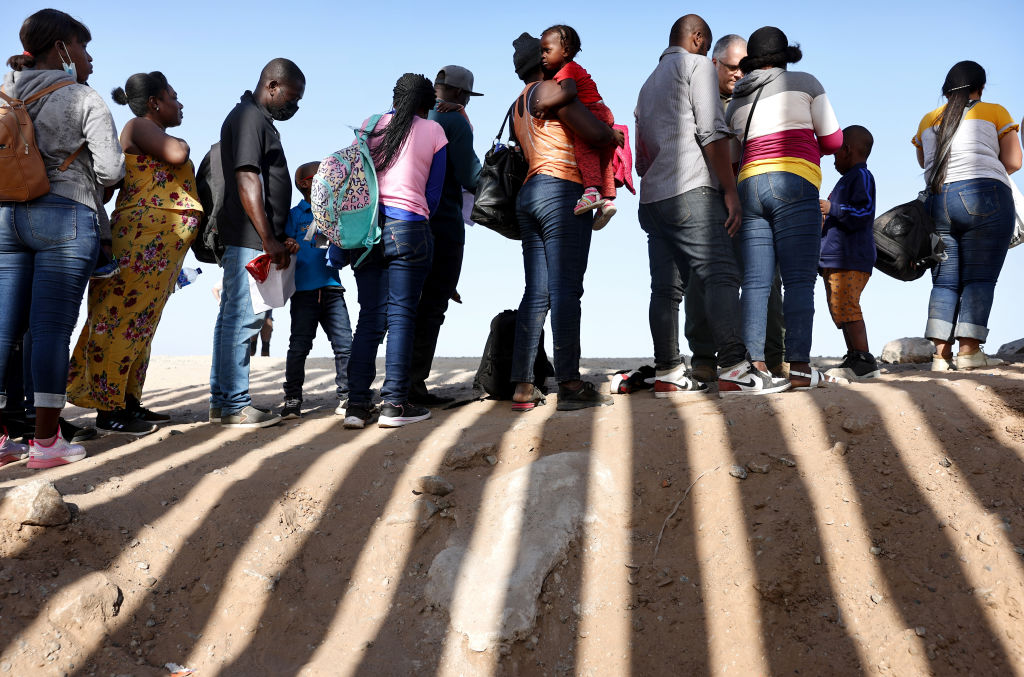Black Britons Struggle For Racial Equality, Praise African-American Progress
Great Britain is celebrating its Black History Month against a backdrop of racial tension.
“I’ve never known it so tough … It’s bad right now” says Simon Woolley, 48, who is a member of Britain’s Equality and Human Rights Commission.
Recent numbers released by the Commission show blacks in Britain are over-represented among the number of individuals stopped and searched by police from 2008 to 2009. Even though they represent only 2-3 percent of the populace, blacks account for 15 percent of those police stopped and frisked.
“Young African and Caribbean men are seen as criminals,” says Woolley. “Young Asians are seen as potential terrorists.”
Not surprisingly, black Britons have little confidence in the criminal justice system. What is surprising is that only 7 percent of blacks complained they were treated unfairly by police, compared with a dramatically higher 63 percent of whites.
All of this has led the Rev. Jesse Jackson to set up shop in the U.K. with a new organization, StopWatch, aimed at putting an end to racial profiling.
Jackson told the British Broadcasting Corporation, “The very idea that somebody — because they look suspicious, because they look black, look Asian — should be detained, that’s distasteful and undermines the freedoms and beauty of democracy.”
And tough economic times haven’t helped.
“As we face a global recession, blacks are again facing a difficult time,” says Woolley, adding that 50 percent of black 18 to 25-year-olds are out of work, compared with 25 percent of whites of the same age group.
Text continues after gallery:
But Alice Gbelia, 33, lives in London and is founding editor of the website Catch A Vibe, which highlights black culture in the U.K. She says racial tensions aren’t that bad.
“The U.K. seems to be quite progressive when it comes to race relations,” says Gbeila, who moved to London from France eight years ago. “Sometimes you meet [black] people here that are only complaining about their obstacles.”
The Evening Standard, along with other London newspapers, reported heavily on the 2008 election of Barack Obama as the first black U.S. president. Many Britons of color were inspired by Obama’s historic win.
He adds that blacks in Britain applaud progress made by black Americans with the election of Barack Obama as the first black U.S. president in 2008.
“The power to deliver social and racial equality only occurs when you have political and financial power,” Woolley says.
Read entire article at NPR.org
Share this post on Facebook! CLICK HERE:
Jay-Z to work on President Obama’s
2012 campaign [from TheUrbanDaily.com]
Antoine Dodson in ad for sex offender mobile app [from
TheUrbanDaily.com]
show, says its her turn to talk [from HelloBeautiful.com]
expose Kim Kardashian [from HelloBeautiful.com]















